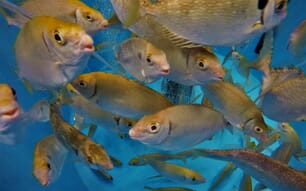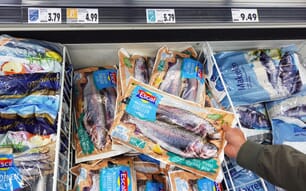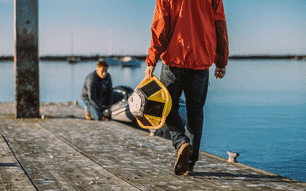Following investigations by the Australian Fisheries Management Authority (AFMA) three men were charged by the Commonwealth Director of Public Prosecutions office and all pleaded guilty in the Darwin courts. They were fined a total of A$43,000. Both boats were confiscated by AFMA and were destroyed by incineration at AFMAs vessel destruction facilities in Broome and Darwin.
Both vessels were initially sighted by surveillance aircraft from the Australian Border Protection Command and apprehended by patrol boats from the Australian Customs and Border Protection Service.
The first boat was apprehended on 1 October at Scott Reef about 250 nautical miles north of Broome and the second boat was apprehended on 2 October at Evans Shoal about 100 nautical miles north-west of Darwin and 18 nautical miles inside Australian waters.
Both vessels had chemicals on board, including TNT and detonators to make small bombs for the purpose of fishing. Both masters admitted to using the equipment to undertake blast fishing in Australian waters.
AFMA General Manager Fishing Operations Peter Venslovas said that court outcomes reflected the serious nature of the offences and the environmental destruction that blast fishing can cause.
The convictions and fines coupled with the confiscation and incineration of both vessels send a strong message to illegal foreign fishers, Mr Venslovas said.
Blast fishing is a fishing method not previously encountered in Australian waters and we warn others that this type of activity will not be tolerated by Australias border protection authorities.
A number of other agencies assisted AFMA in its investigation including the Western Australian and Northern Territory Police, Western Australia Department of Fisheries and the Department of Sustainability, Environment, Water, Population and Communities.
Illegal Blast Fishers Convicted, Boats Destroyed
AUSTRALIA - Three Indonesian fishers have been convicted for illegal fishing after two boats were caught blast fishing with explosives inside Australian waters in early October.
by Lucy Towers




